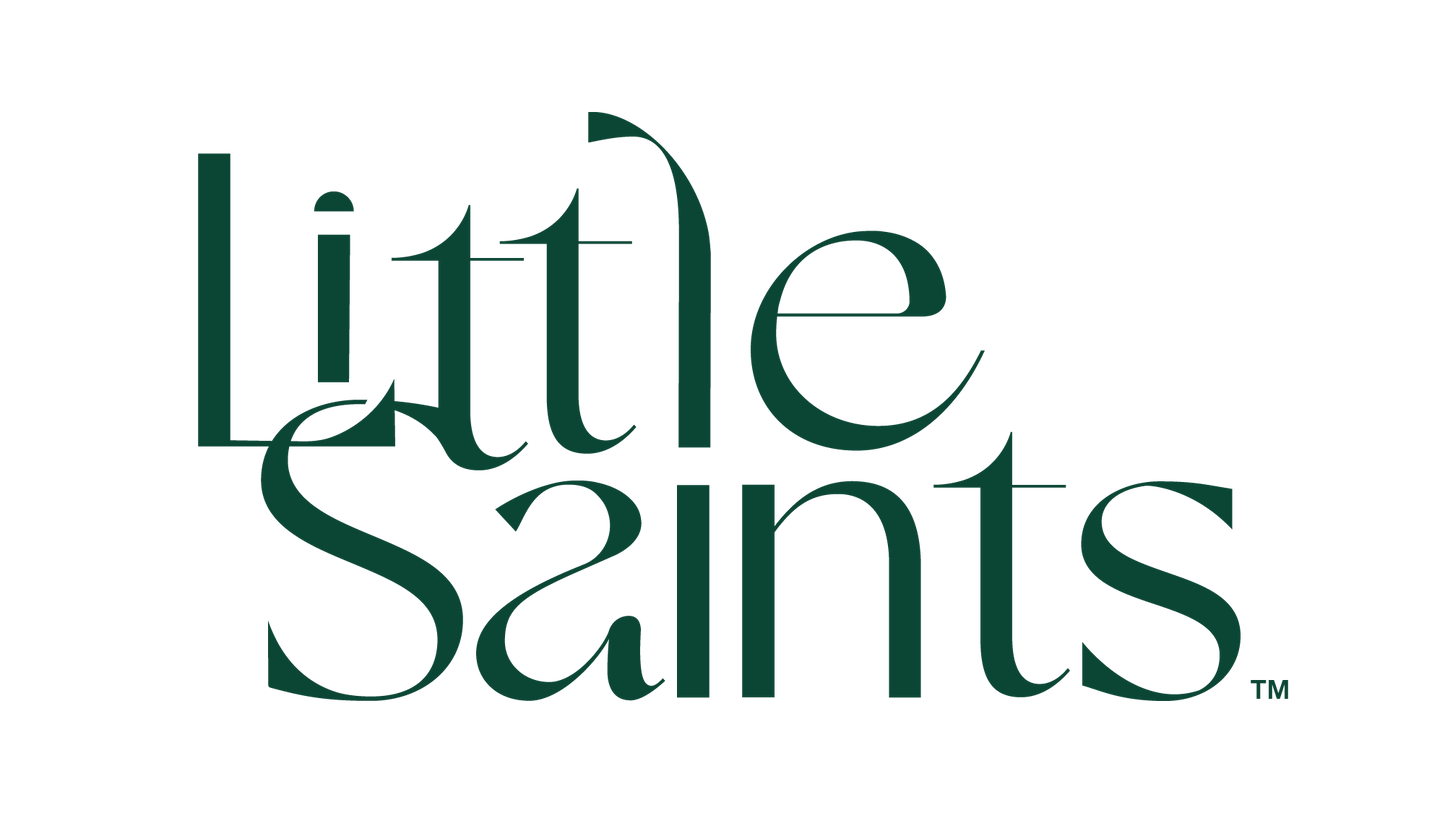
Alcohol may feel like a magical mood boosting elixir, but a dry month could make you feel even better. Regularly drinking alcohol, even just a drink or two a day, causes the brain and body to adapt in harmful ways, many of which are revealed during this dry month. Although there are many factors that influence the body’s rate of recovery from regular alcohol use, such as how much you drink, your age, and genetics, a dry month will promote positive health benefits. So what can you expect as you progress through a Dry January?
Within a day or two, you’ll start to notice that your blood sugar levels begin to normalize. The direction of this effect will depend on how much you’re used to drinking and the types of drinks you normally consume, but you’ll likely feel more energized if your blood glucose is within normal range.
After one week, you’ll also continue to feel more energized as a result of improved sleep quality. Contrary to popular opinion, alcohol doesn’t help you sleep. Although you may fall asleep faster after a night of drinking, you’ll wake more frequently and experience disrupted sleep rhythms. Remove the alcohol and sleep improves.
At around two weeks, if you have access to an MRI brain scanner, you’ll notice that your gray matter, which is composed of brain cells and their connections, starts recovering. Alcohol shrinks the brain’s gray matter which contributes to a host of problems such as worse memory and concentration. Therefore, you may notice better work performance resulting from improved focus and cognitive function.
At one month, you’ll see body-wide benefits including reduced HDL cholesterol levels, often referred to as the “bad” cholesterol, and a reduction in liver fat by up to 20%. You can also expect improved skin quality. So after a dry month, you’ll sleep, think, and look better.
The sober journey isn’t always smooth. For as long as you’ve been drinking alcohol, your body has been working to minimize its effects. Everything from brain function to body temperature are altered to weaken alcohol’s effect. When you stop drinking, the effects swing in the opposite direction as the body prepares to respond to the alcohol that you’re no longer consuming. It’s like playing tug of war and the other team suddenly let’s go. Therefore, it’s likely that you may feel crummy for a bit. But this is a normal consequence of the body resetting itself. For most people, this withdrawal period only lasts a few days, but it can extend up to a couple of weeks for heavy drinkers.
Rest assured that as your sleep improves and your gray matter increases, the worst is over and you’re on your way to better health.























